Did you know that mold damage can lead to significant financial losses for homeowners, not just due to the damage itself, but also because of the complex process of dealing with insurance claims? It’s a surprising fact that a standard home insurance policy may cover mold if it results from a covered peril, such as a sudden water leak.
For homeowners facing mold issues, understanding the relationship between mold damage and insurance coverage is crucial. Professional mold remediation services play a vital role in improving the outcome of insurance claims by providing proper documentation and expert assessment.
Given the potential health risks associated with mold exposure, prompt and thorough remediation is essential. Homeowners are advised to seek immediate consultation by calling 332-220-0303 to navigate the complex process of mold remediation and insurance claims effectively.
Key Takeaways
- Understanding insurance coverage for mold damage is crucial for homeowners.
- Professional mold remediation services can improve insurance claim outcomes.
- Prompt action is necessary to prevent further damage and health risks.
- Insurance companies have specific requirements for mold-related claims.
- Proper documentation is key to maximizing insurance coverage.
Understanding Mold Coverage in Home Insurance Policies
The extent of mold coverage under home insurance policies varies significantly based on the cause of the mold and the policy details. Home insurance can cover mold, but it often depends on the cause of the mold and the specifics of your policy.
What Types of Mold Damage Are Typically Covered
Generally, mold damage resulting from sudden or accidental water damage is covered. For instance, if mold develops due to a burst pipe, water heater failure, or water used to extinguish a fire, it is usually covered under most home insurance policies. Additionally, hidden mold that develops out of sight, possibly within walls or under floors, can also be covered.
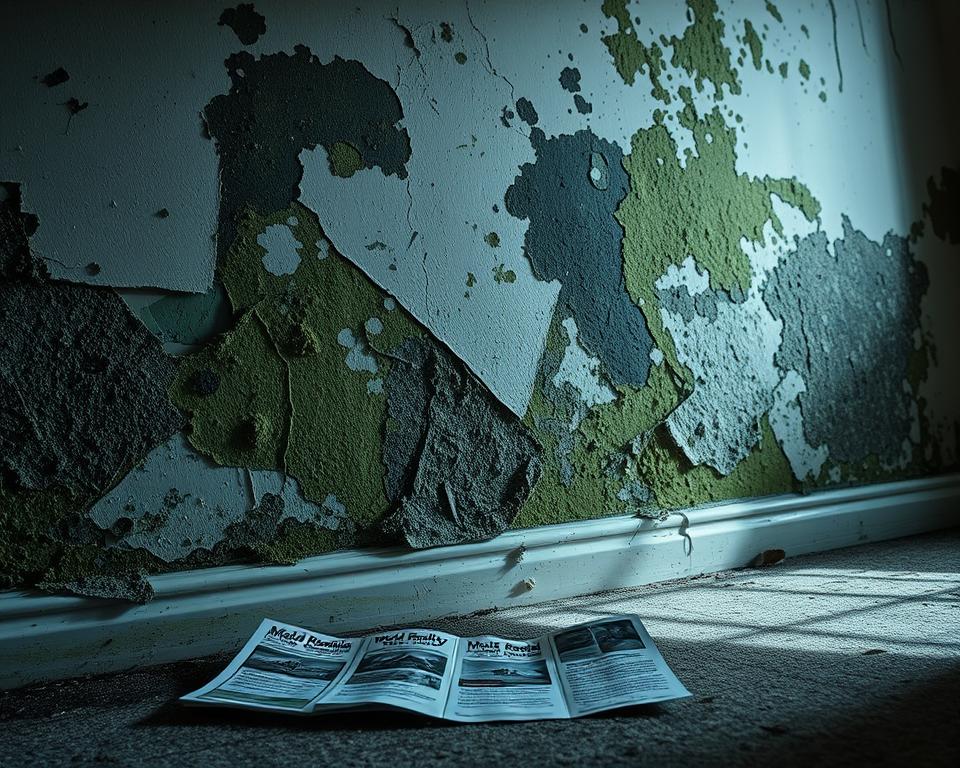
Common Exclusions in Standard Policies
However, there are common exclusions in standard insurance policies. For example, mold damage caused by flooding is not covered under standard home insurance policies. Homeowners would need a separate flood insurance policy to cover such damage. Moreover, mold resulting from neglect or failure to fix known water leaks is typically excluded.
Sudden and Accidental Occurrences vs. Long-Term Issues
The distinction between sudden and accidental occurrences versus long-term issues is critical in determining insurance coverage. Insurance companies generally only cover mold damage resulting from sudden events, not from long-term moisture issues or poor maintenance. Understanding the specific language in your insurance policy regarding mold coverage is crucial, as many standard policies have significant limitations or exclusions.
It’s also worth noting that many insurance companies offer additional mold coverage through endorsements or riders, which may provide more comprehensive protection for an additional premium. Policy limits for mold damage often range from $1,000 to $10,000, which may be insufficient for extensive remediation projects.
The Process of Filing a Successful Mold Insurance Claim
A successful mold insurance claim begins with a clear understanding of what your insurance policy covers. Homeowners must be aware of the specifics of their policy to navigate the claims process effectively.
Immediate Steps After Discovering Mold
Upon discovering mold, it is crucial to act quickly. Document the damage thoroughly by taking clear photos and videos of the mold and the affected area. This initial documentation is vital for supporting your insurance claim.
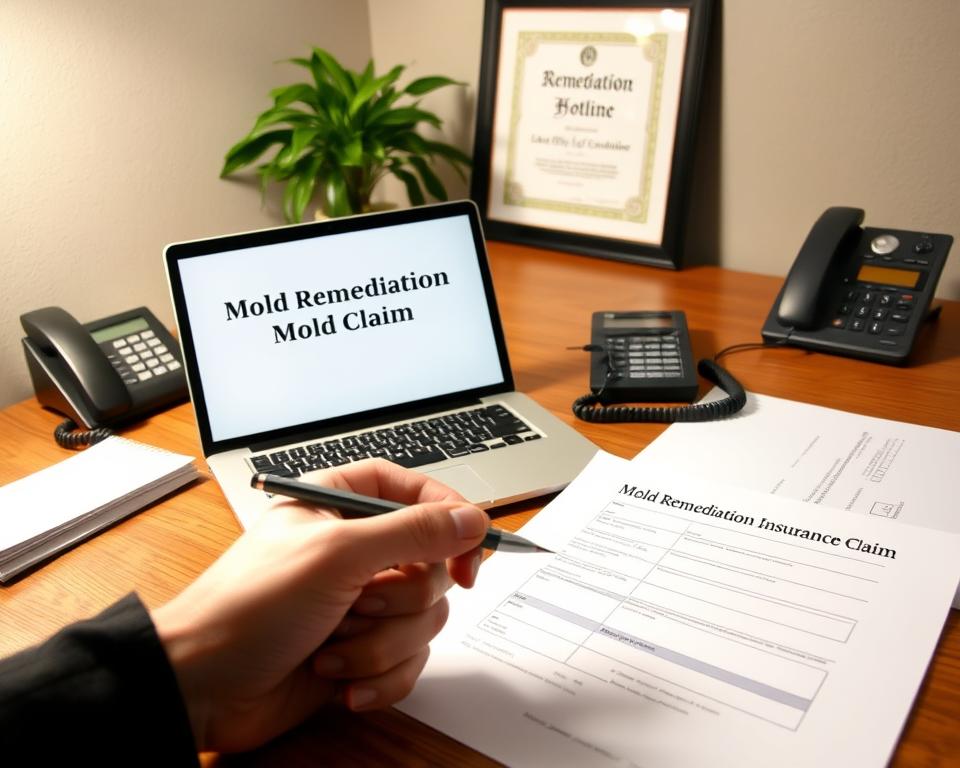
Proper Documentation for Your Claim
Proper documentation is the backbone of a successful insurance claim. Homeowners should gather evidence of the cause of mold growth, the extent of the damage, and any relevant maintenance records. This documentation helps demonstrate that the issue wasn’t due to negligence, strengthening your claim.
- Gather photographs and videos of the mold and damaged areas.
- Collect repair receipts and related documents.
- Maintain records of any communication with your insurance company.
Working with Insurance Adjusters Effectively
When working with insurance adjusters, clear communication and thorough preparation are key. Homeowners should understand their policy’s specific language regarding mold coverage and be prepared to provide additional information or documentation as requested.
| Tips for Working with Adjusters | Benefits |
|---|---|
| Understand your policy’s mold coverage | Ensures you’re prepared for the claims process |
| Maintain detailed records | Supports your claim with evidence |
| Communicate clearly with adjusters | Facilitates a smoother claims process |
By following these steps and understanding the claims process, homeowners can increase their chances of a successful mold insurance claim. It’s essential to stay proactive and informed throughout the process.
Professional Mold Remediation with Insurance Claim Assistance
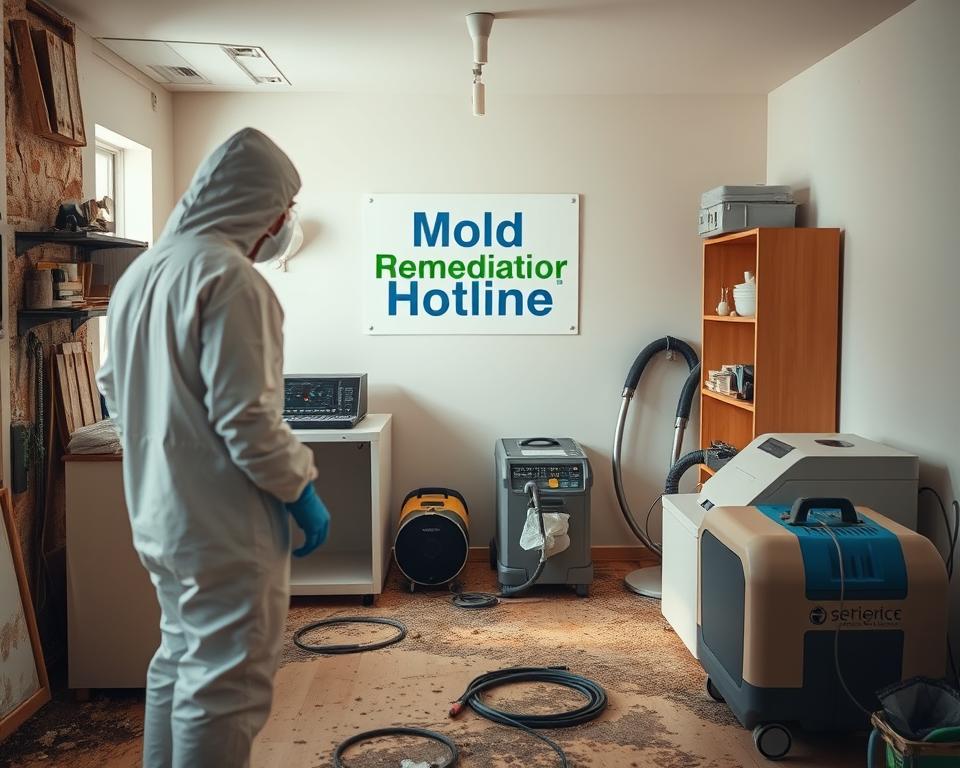
Expert mold remediation services not only remove mold but also assist in filing successful insurance claims. Professional mold remediation companies with insurance claim assistance provide invaluable expertise in navigating the complex process of filing and maximizing mold damage claims.
Benefits of Expert Guidance Through the Claims Process
These specialists understand how to properly document the extent of damage in ways that align with insurance requirements, significantly improving the chances of claim approval. Experienced remediation professionals can accurately assess the full scope of mold damage, including hidden issues that might otherwise go undetected and unclaimed.
How Professionals Document Damage for Maximum Coverage
The documentation provided by professional remediation companies typically includes detailed assessment reports, laboratory testing results, and comprehensive remediation plans that strengthen your claim. This thorough documentation is crucial for demonstrating the extent of damage and ensuring maximum coverage.
Negotiating with Insurance Companies on Your Behalf
Experts can negotiate with insurance companies on your behalf, leveraging their industry knowledge to counter common denial tactics or underpayment offers. By having professionals handle the negotiation, you can ensure that you receive the coverage you deserve for mold remediation.
For immediate expert consultation on professional mold remediation with insurance claim assistance, call 332-220-0303. Professional mold remediation services can effectively remove mold and prevent future growth, ensuring that your property is restored to a safe condition.
Navigating Challenges with Denied or Underpaid Claims
Navigating the challenges of denied or underpaid insurance claims requires a thorough understanding of the process. Homeowners often face significant hurdles when their claims are denied or underpaid, and it’s essential to comprehend the reasons behind these decisions.
Common Reasons Insurance Companies Deny Mold Claims
Insurance companies commonly deny mold claims due to several key factors. Maintenance issues, policy exclusions, delayed reporting, and insufficient documentation are among the top reasons. Understanding these factors can help homeowners better prepare their claims and avoid potential pitfalls.
- Maintenance issues: Insurers may deny claims if they determine the mold resulted from long-term neglect.
- Policy exclusions: Many policies specifically exclude mold damage or have limited coverage.
- Delayed reporting: Waiting too long to report mold damage can result in a denied claim.
- Insufficient documentation: Lack of proper evidence can lead to a denied claim.
When to Consider Hiring a Public Adjuster
Hiring a public adjuster can be beneficial when dealing with significant mold damage claims. These professionals work exclusively for policyholders, not insurance companies, and can provide expert assistance in navigating complex claims. The timing of hiring a public adjuster is crucial; ideally, it should be before the claim is denied, but they can still offer valuable help even after a denial.
Options for Appealing Denied Claims
When facing a denied or underpaid claim, homeowners have several options, including internal appeals, mediation, hiring a public adjuster, or legal action as a last resort. Gathering additional evidence, obtaining independent assessments, and clearly demonstrating how the damage falls within policy coverage are key strategies for successfully challenging denied claims.
| Appeal Option | Description |
|---|---|
| Internal Appeals | Submitting additional information to the insurance company for reconsideration. |
| Mediation | Using a neutral third-party to facilitate a resolution between the homeowner and insurer. |
| Hiring a Public Adjuster | Engaging a professional to represent the homeowner in negotiations with the insurer. |
| Legal Action | Pursuing legal remedies as a last resort. |
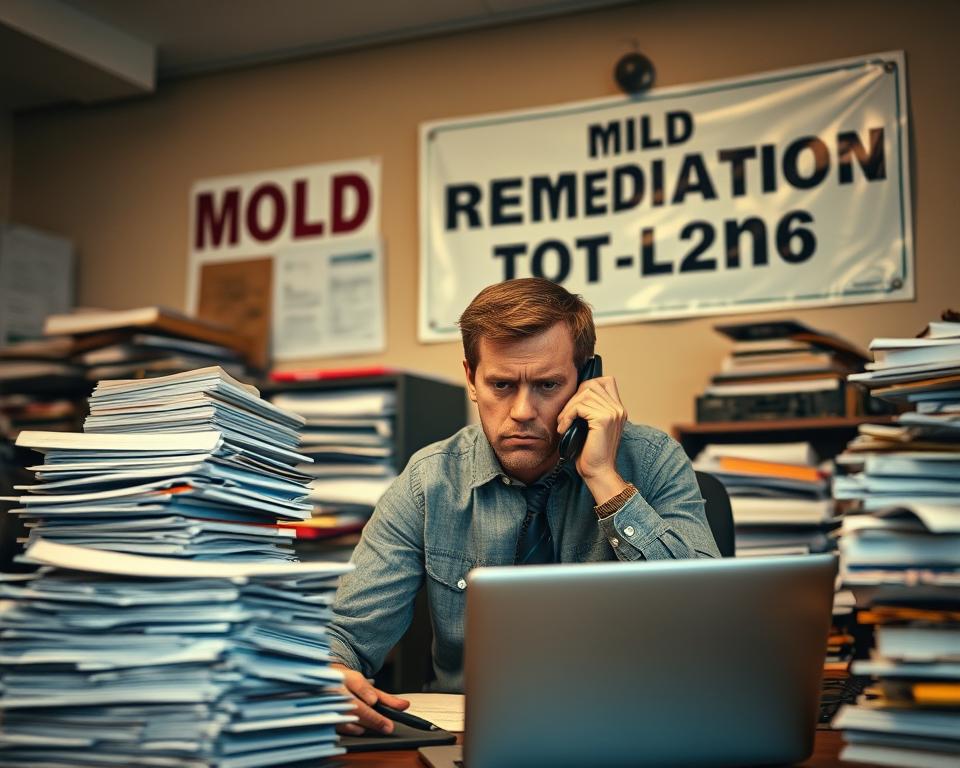
Maximizing Your Insurance Coverage for Mold Remediation
Maximizing insurance coverage for mold remediation requires a thorough understanding of policy limits and available endorsements. Homeowners often face significant financial burdens when dealing with mold issues, making it essential to comprehend the extent of their insurance coverage.
Understanding Policy Limits and Endorsements
Coverage limits for mold remediation vary significantly among insurance policies. Typically, these limits range from $1,000 to $10,000. Some policies may require a separate mold coverage rider for additional protection. Understanding these limits and the option to add endorsements can significantly impact your financial responsibility in the event of mold remediation.
| Policy Limit Range | Typical Coverage | Additional Endorsements |
|---|---|---|
| $1,000 – $10,000 | Standard mold remediation costs | Available for extra protection |
| $10,000+ | Comprehensive coverage | Optional for enhanced protection |
Coverage for Additional Living Expenses During Remediation
Extensive mold remediation may require temporary relocation. Your policy should include a “Loss of Use” coverage section to cover the costs of moving out and staying at another location until the project is complete. Understanding how your policy handles additional living expenses is crucial for planning and minimizing disruption.
Protecting Personal Property and Contents
Insurance coverage for personal property damaged by mold varies significantly between policies. Some policies offer replacement cost value, while others provide actual cash value. Reviewing your policy to understand how personal property is protected can help you make informed decisions about your coverage.
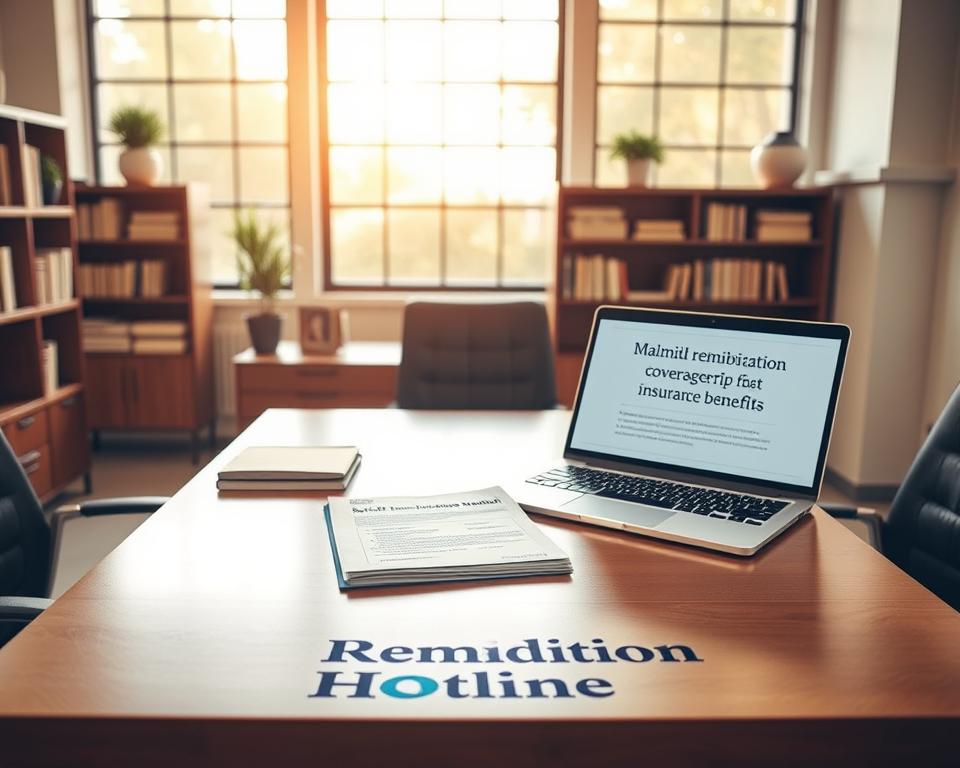
By thoroughly understanding your insurance policy and its coverage for mold remediation, you can maximize your protection against costly remediation expenses. Regularly reviewing and updating your policy ensures you have adequate coverage, especially in humid climates or older homes.
Conclusion: Taking Action for Effective Mold Remediation
Understanding the intricacies of mold remediation and insurance claims can significantly impact the outcome for homeowners. Effective mold remediation requires prompt action to address water damage from sources like burst pipes or leaks.
Delays can lead to extensive mold growth and more complex remediation processes. The health implications of mold exposure make professional remediation services essential, particularly for vulnerable individuals with respiratory conditions or compromised immune systems.
To achieve a successful outcome, it’s crucial to understand your insurance coverage, document damage properly, and work with experienced professionals who can navigate the claims process. Homeowners should take proactive steps to prevent mold growth through regular maintenance, proper ventilation, and immediate attention to water damage issues.
For immediate assistance with mold remediation and insurance claim guidance, call 332-220-0303 to speak with experienced professionals who can help protect your home and health. By taking these steps, you can significantly improve your chances of successfully navigating an insurance claim for mold damage.
